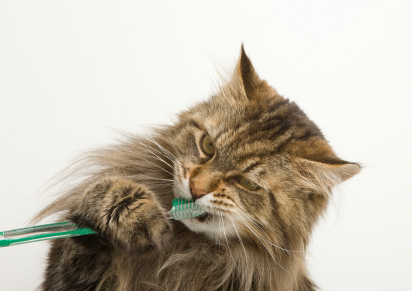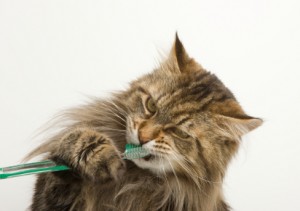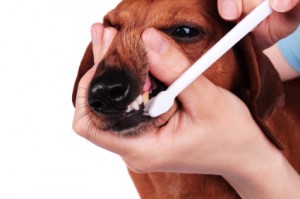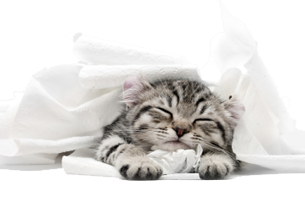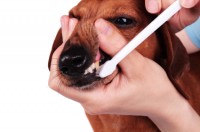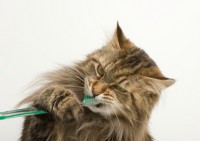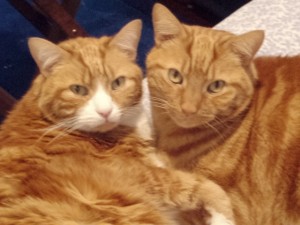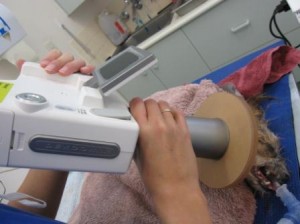So you’ve brought your pet in for a check up and your Vet has let you know that your pet needs to have a Dental Procedure. You’re probably wondering what your pets Dental Procedure will entail..
The night before:
The night before the dental procedure your pet can have his/her normal dinner but no food is to be eaten after 9pm. You may leave a water bowl with your pet overnight but you should remove this in the morning when you wake.
The morning of:
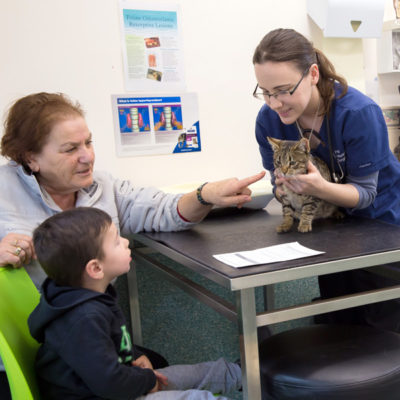
You will be given an admission time between 8am and 9am, please arrive as close to your allocated time as possible. On admission your pet will have a health check with a vet to ensure that they are fit for their procedure, this is a great opportunity to ask any questions you may have.
Once in hospital:
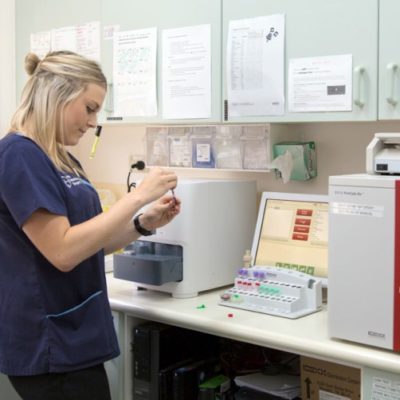
Once we have your pet admitted into hospital, they will have a pre operative medication injection (“pre-med”) of sedation and pain relief to make sure they are calm and comfortable while awaiting their procedure. This is also the time that we would run your pets blood tests, we recommend pre anaesthetic blood tests for any patient going under a general anaesthetic. These tests:
- Tell us how vital organs like liver and kidneys are functioning
- Establish a baseline for your pet
- Identify hidden health problems
- Decide the best strategy to care for your pet whilst under anaesthetic to reduce risk & hasten recovery
Time for Surgery:
We provide intravenous fluids to all patients during and after their anaesthetic. Intravenous fluids can help to minimize some of the risks associated with General Anaesthesia by maintaining blood pressure and putting less stress on kidneys. Pets who have intravenous fluids during their procedure experience smoother post-operative recovery.
During the procedure:
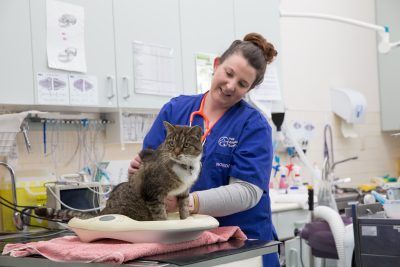
As well as a Vet, your pet will have a qualified Vet Nurse monitoring them from the time they receive their pre-med, whilst they are under anaesthetic, all the way up to the time they are awake and able to sit by themselves. Our Nurses use a myriad of equipment to measure your pets vitals whilst under anaesthesia, such as their: heart rate, temperature, respitory rate, blood pressure, mucous membranes (gum colour), capillary refill time, SpO2 (the amount of oxygen in their blood) and many more to ensure your pet has a smooth anaesthetic. All pets are kept warm with heat mats, heat bottles and Mistral air blowers.
Recovery:
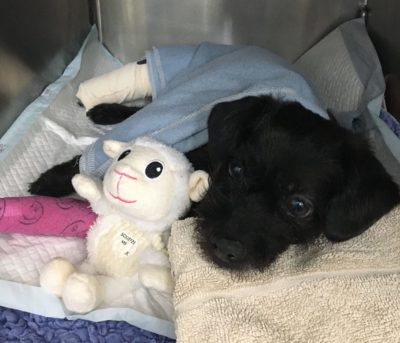
After your pets dental procedure a Nurse will remain with your pet whilst they wake and recover. Once awake, the Vet will give you a call to let you know how everything went and to confirm your pets pick up time. Your pet will remain in hospital for a couple of hours after their procedure so that we can continue to monitor them and ensure a smooth recovery. Your pet will be offered some food and kept on intravenous fluids until just before you arrive.
Home time:
Your pet will be sent home with fresh breath, pearly whites and a pain free mouth! Your pet is now part of our dental program and is entitled to FREE 6 monthly dental check-ups.
For more information on keeping your pets teeth clean at home CLICK HERE.






